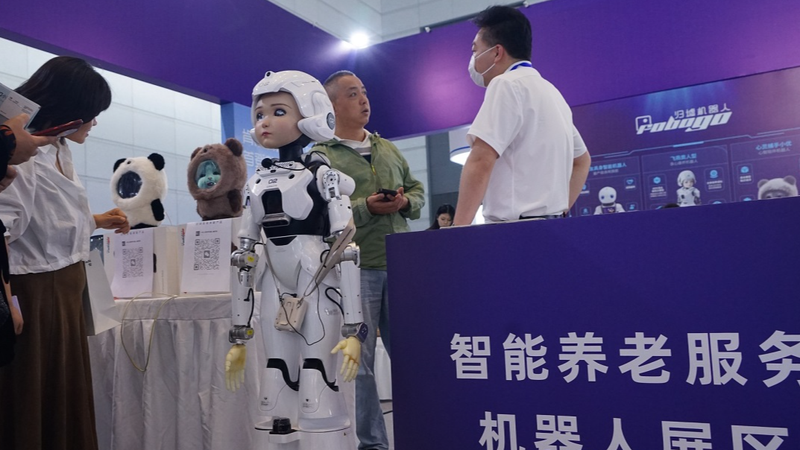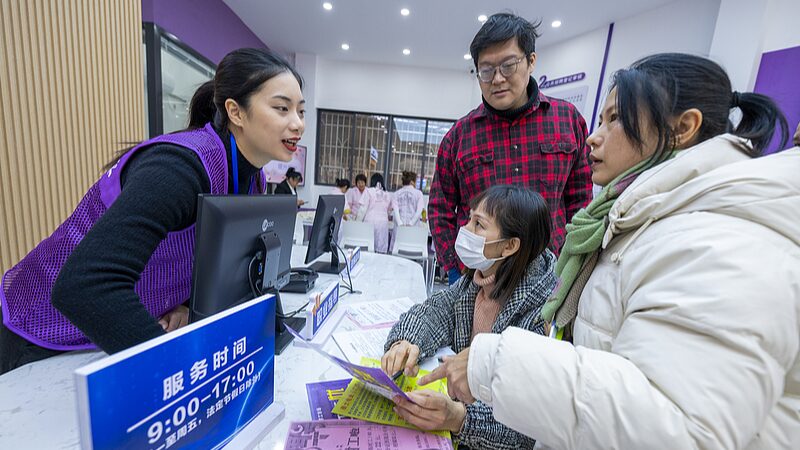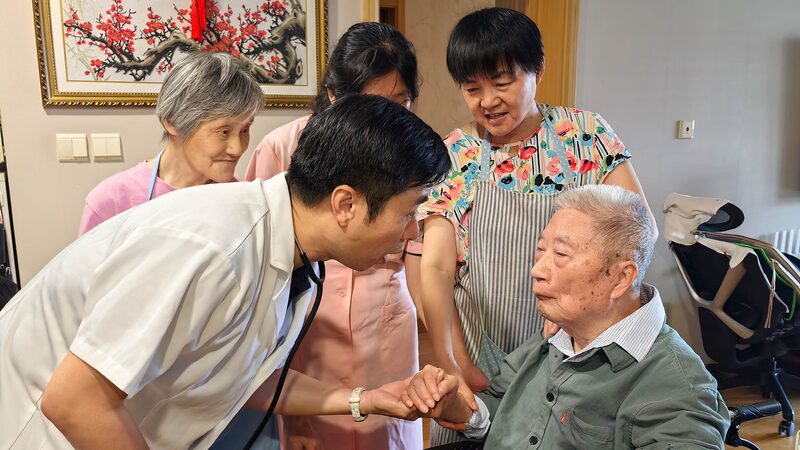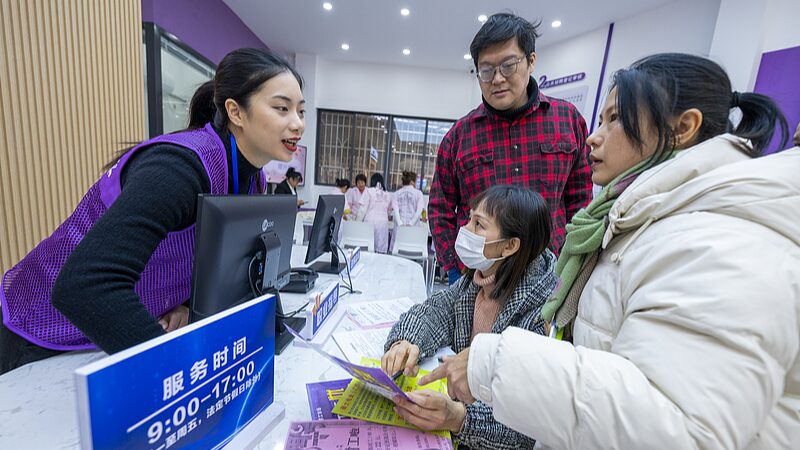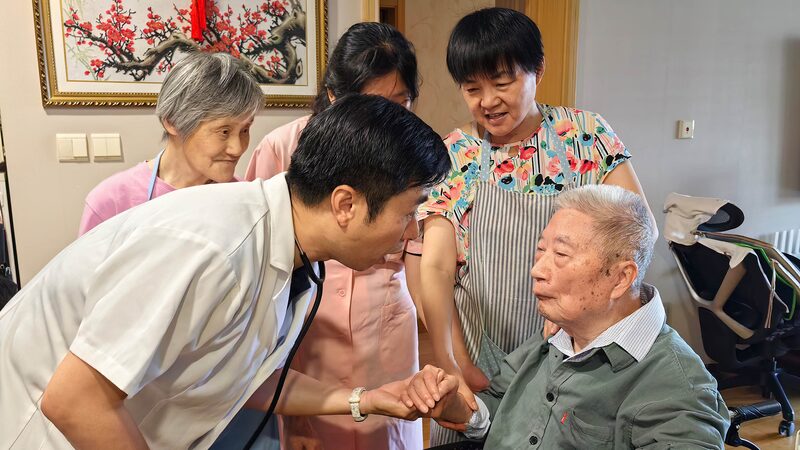Northern China's Beijing-Tianjin-Hebei region is pioneering a collaborative model to address aging population challenges while tackling unemployment, signaling a transformative shift in elderly care development. Authorities have launched targeted training programs designed to equip both university graduates and job seekers with specialized skills for the rapidly expanding senior care sector.
Dual Pathways for Economic Growth
The initiative offers customized courses tailored to two key groups: recent graduates gain advanced professional competencies in geriatric care management, while unemployed participants receive practical training in high-demand areas like rehabilitation support and daily care services. This strategy aims to create a skilled workforce capable of meeting the region's growing demand for quality elderly care.
Regional Integration Accelerates Progress
The tri-regional collaboration leverages shared resources and expertise, with Beijing's research institutions partnering with Tianjin's medical facilities and Hebei's community networks. 'This synergy strengthens our capacity to deliver innovative care solutions while fostering economic resilience,' noted a regional development official during a recent coordination meeting.
Analysts highlight the program's potential to serve as a blueprint for other Asian economies facing similar demographic shifts. With over 20% of China's population projected to be over 60 by 2035, such workforce development initiatives are becoming crucial for sustainable social infrastructure.
Reference(s):
Northern China deepens collaboration in the elderly care sector
cgtn.com
